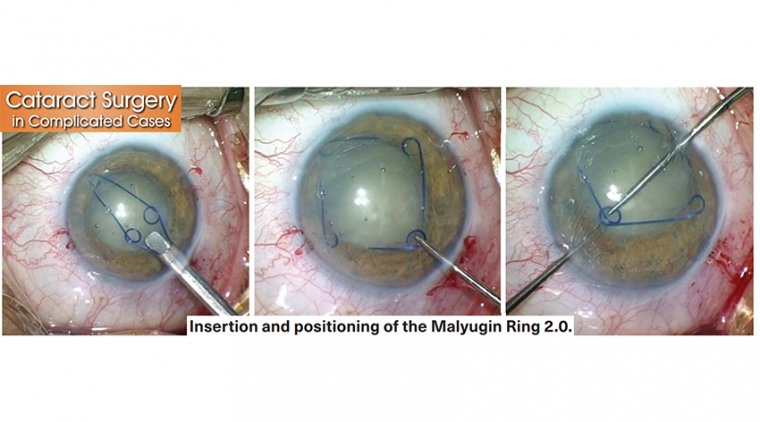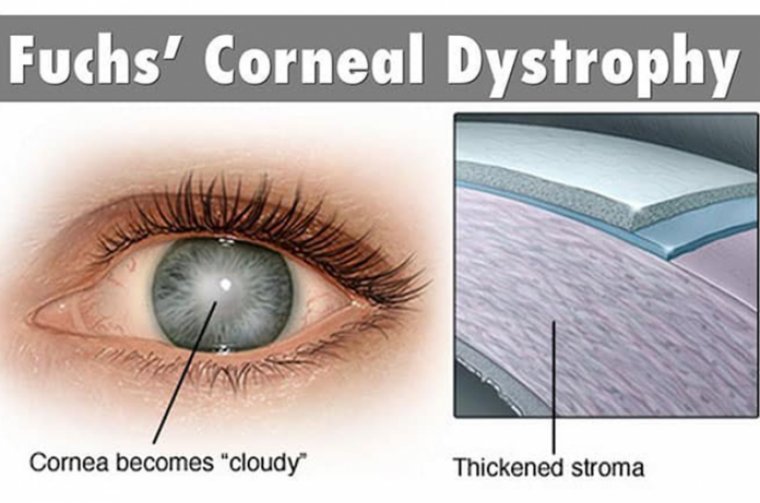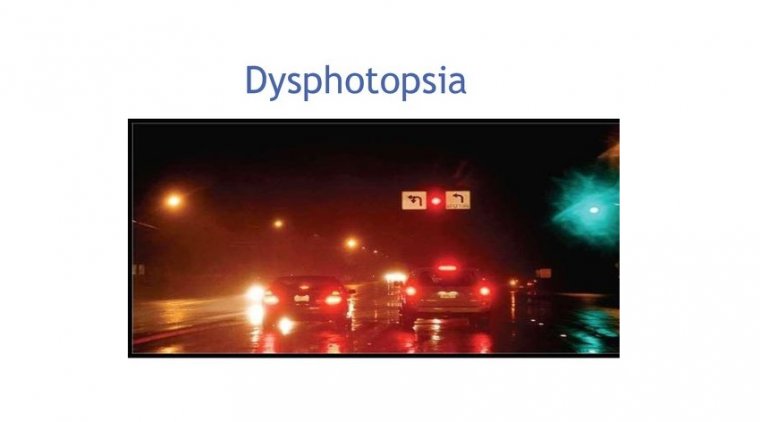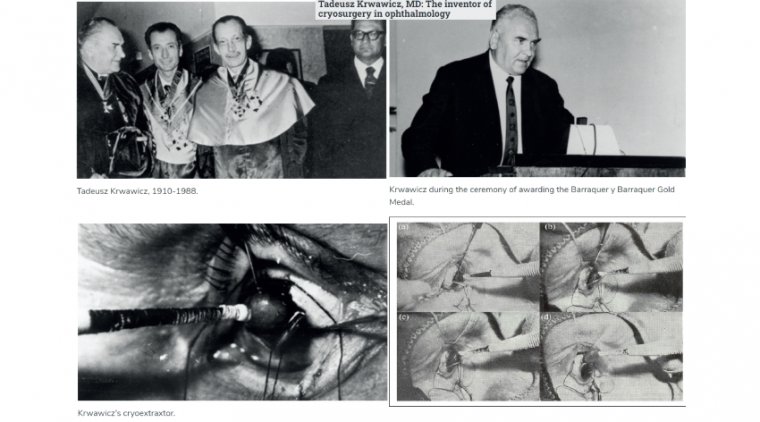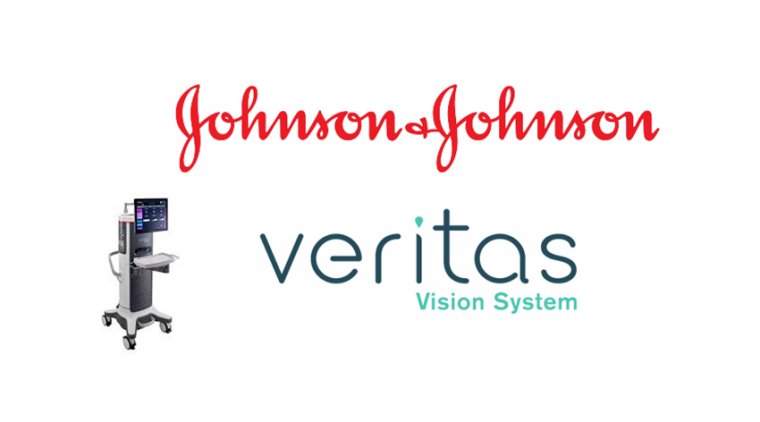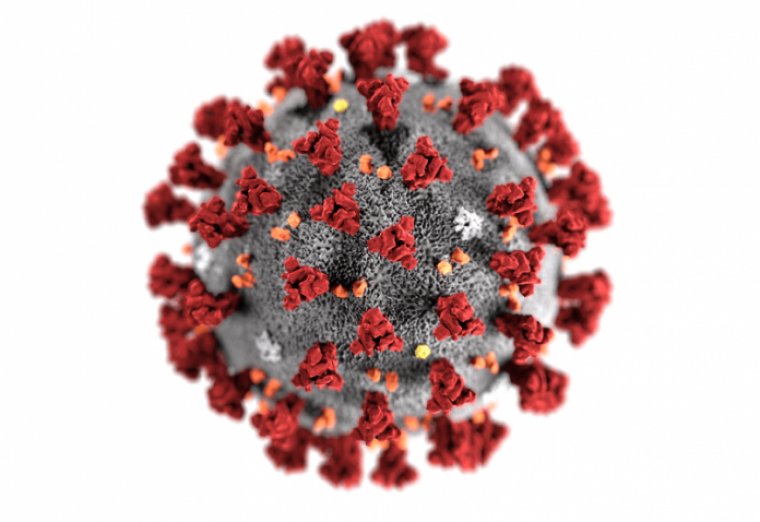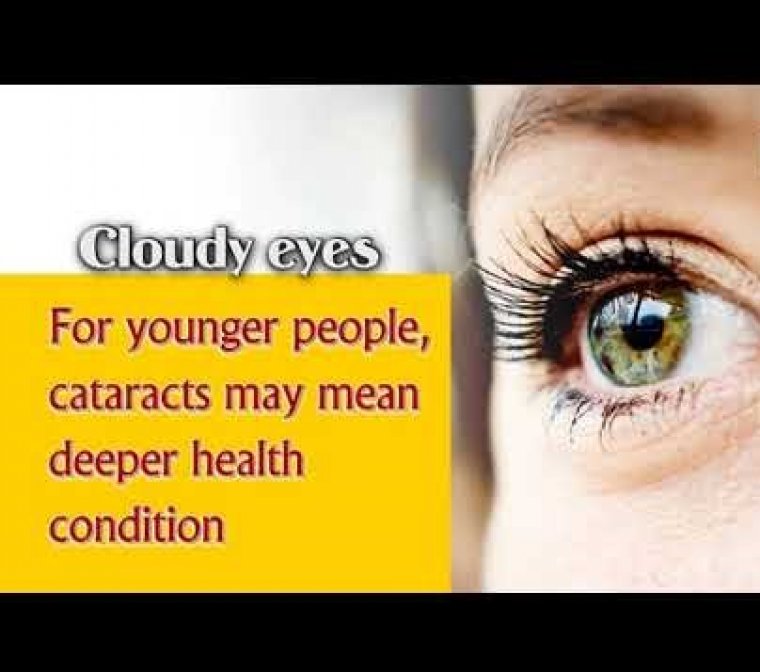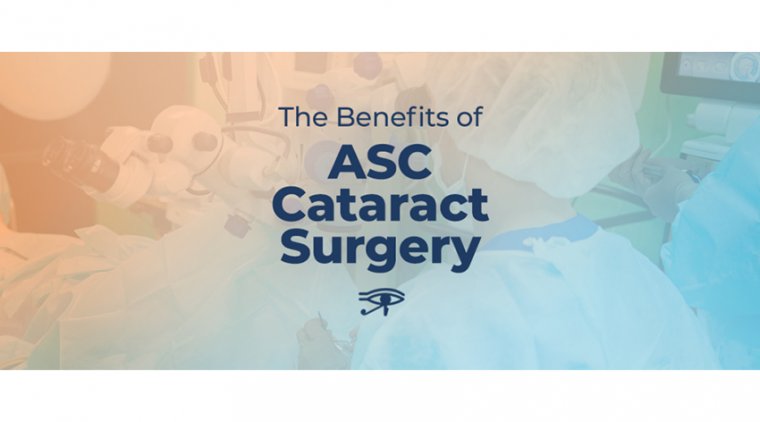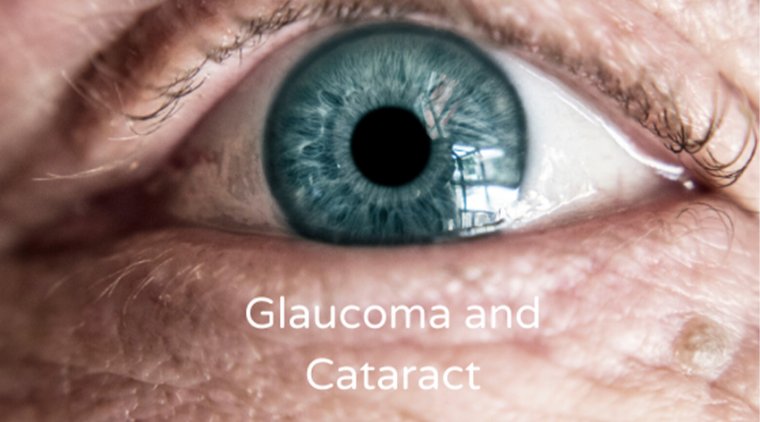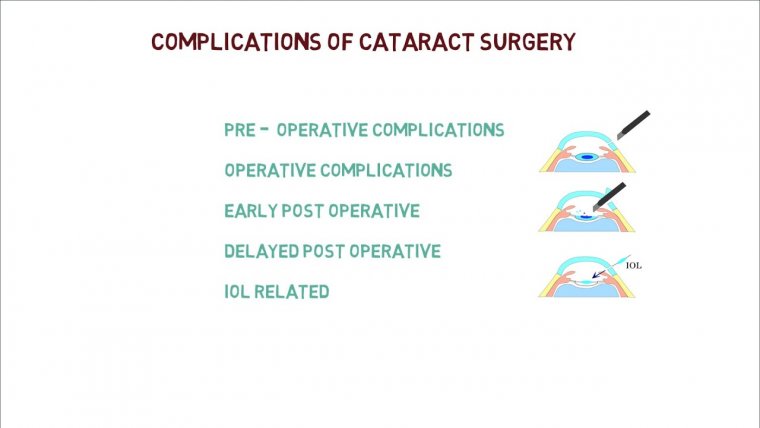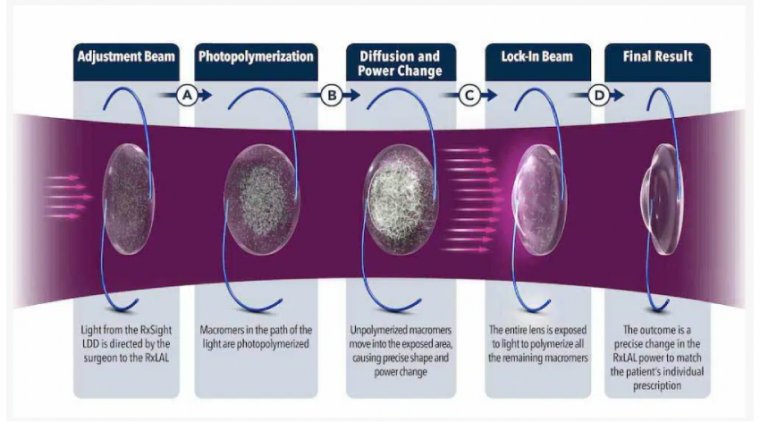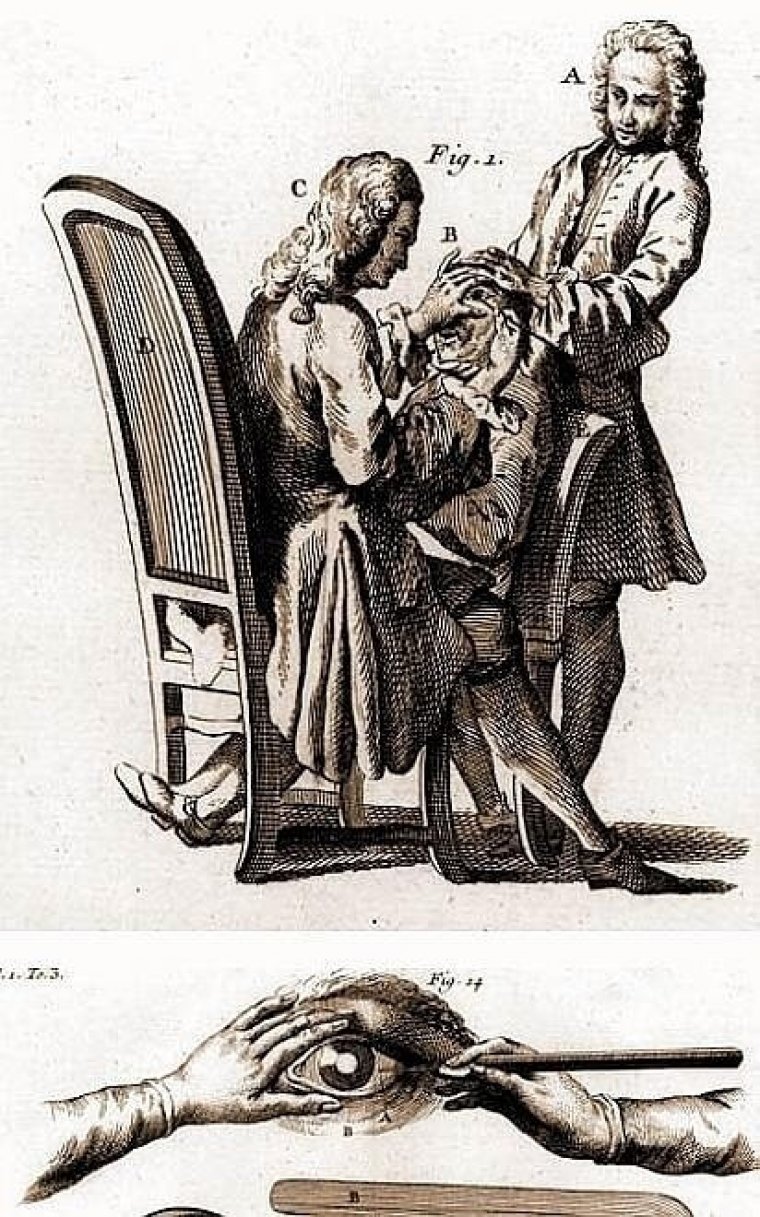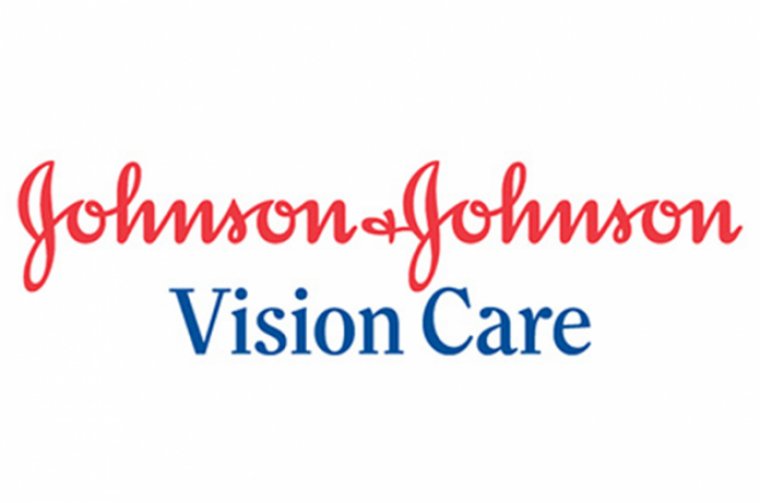
1 in 4 Cataract Sufferers Are Likely to Get Surgery, J&J Vision Global Eye Health Survey Reveals
Johnson & Johnson Vision announced study results revealing that only 21 percent of people diagnosed with cataracts (or who have cataract symptoms) are very likely to have surgery, meaning that the remaining majority (79 percent) are putting their eyesight at risk.
Over 1,000 adults from the general U.K. population were questioned in August 2020 in Johnson & Johnson Vision’s Global Eye Health Survey which also revealed:
Fear of eye surgery (33 percent) and lack of knowledge about the procedure (21 percent) are preventing those with cataracts from having surgery; cataracts have a negative impact on people’s lives with nearly a third believing that cataracts would adversely affect their job or relationships (29 percent and 28 percent respectively).
“The results from this survey are worrying since a large number of people living with cataracts are not opting for surgery and therefore risking sight loss,” said Javad Moayedi, National Health Service medical director and consultant ophthalmic surgeon, Optegra Eye Health Care.
“We know that some people are worried about seeking treatment, but a cataract operation is a highly effective and safe procedure that patients can have confidence in.
Hospitals up and down the country have put several steps in place to ensure patients can receive this operation safely—this includes testing patients for COVID-19 before they attend for surgery and putting social distancing measures in place.
If you are suffering from poor vision because of cataracts, I would like to reassure you that your local hospital will look after you, and that cataract surgery is safe, quick and really does change lives.”
Helen Lee, eye health transformation manager, Royal National Institute of Blind People (RNIB), said: “Cataract surgery is safe and effective for the majority of patients and provides transformative results for thousands of people every year.
The relatively quick procedure enables people to get back to seeing clearly and doing the things they love.
“Although this is a worrying time for many patients, hospital eye departments are putting in place infection control procedures to minimize risk of COVID infection and to keep patients and staff safe during this time. We strongly encourage anyone who has concerns about cataract surgery to talk to their eyecare department.”
The Global Eye Health Survey is part of Johnson & Johnson Vision’s Prioritize Your Eyes campaign, a worldwide effort to raise awareness about the importance of eye health and encourage everyone to get an annual eye exam.
The survey had over 6,000 respondents from the general population from the U.K., U.S., China, Japan, Germany and Russia. It was fielded in the U.K. from August 11 – 19, 2020.

